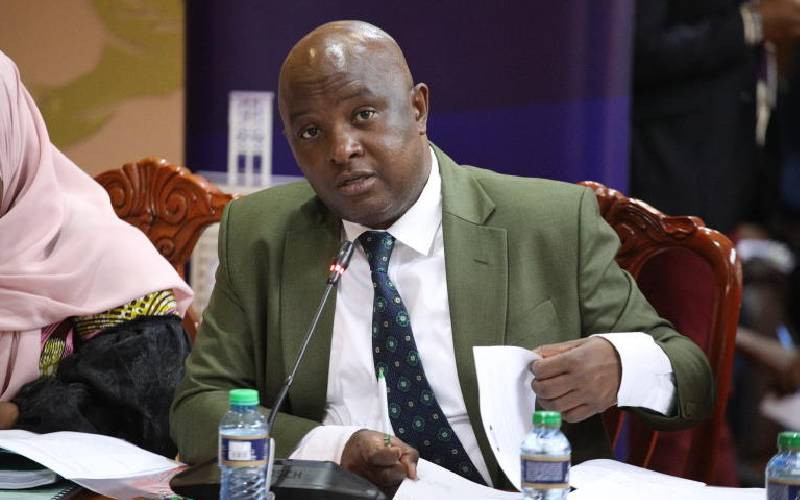×
The Standard e-Paper
Stay Informed, Even Offline

Vihiga Senator Godfrey Osotsi has sponsored a Bill that seeks to impose a fine of Sh2 million for those who fail to appear before Parliament or its committees.
The Parliamentary Powers and Privileges (Amendment) Bill, 2023, seeks to amend the Parliamentary Powers and Privileges Act to provide clarity on how the powers of arrest are to be exercised by Parliament and the committees.